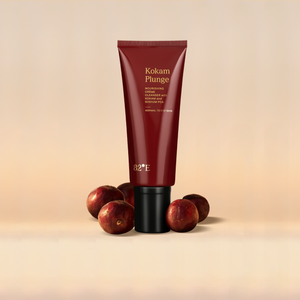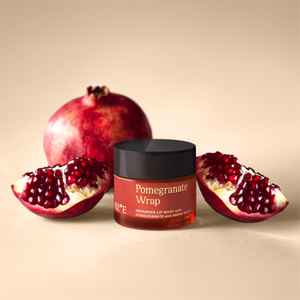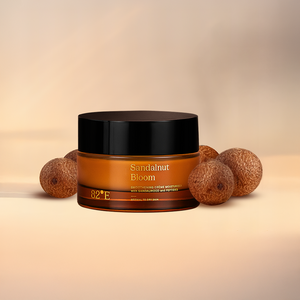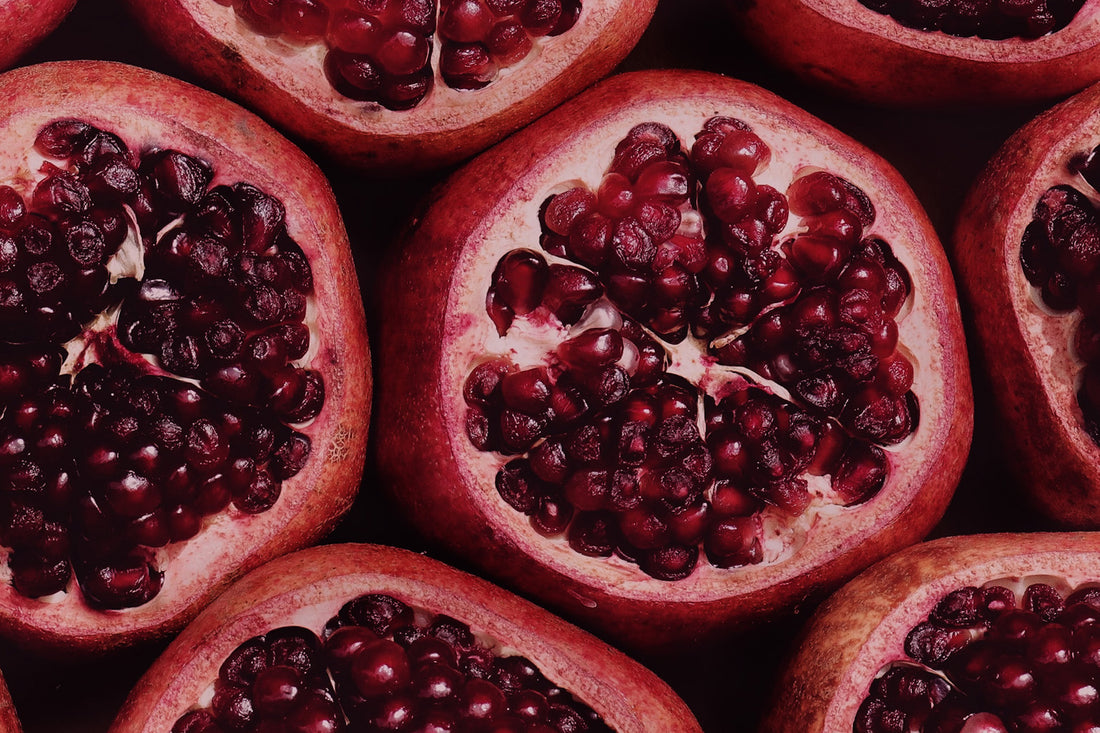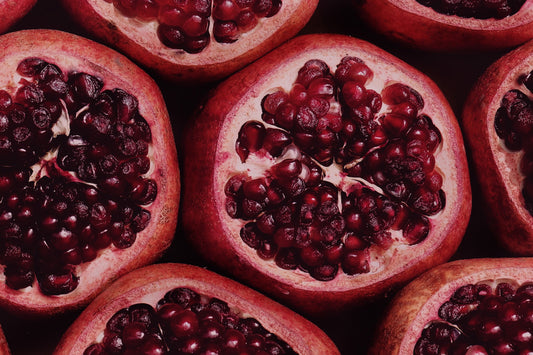
The foundation of good health stands firmly on healthy eating. The health benefits of raw vegetables surpass those of cooked vegetables. Raw vegetables are a rich source of nourishment for your body, building your immunity and protecting you against various diseases. When consumed raw, the body can easily absorb the nutritions from vegetables.
Health Benefits of Eating Raw Vegetables
There are many scientific studies that elaborate on the benefits of eating raw vegetables over cooked ones.
Rich in water-soluble vitamins: One of the prominent health benefits of raw vegetables is that they increase the intake of water-soluble vitamins in the body. When vegetables are cooked or exposed to heat, they lose many essential water-soluble vitamins, like Vitamin C, partially or entirely. For instance, the amount of Vitamin C in raw cauliflower is higher than cooked cauliflower.
Higher Amount of antioxidants: Like water-soluble vitamins, the antioxidants of vegetables are also lost when cooked. Some antioxidants are neutralised by the oil used for cooking or boiling water. Antioxidants neutralise free radicals in the body, protecting against cell damage, inflammation, and early ageing. Therefore, to amp up your antioxidants, you should consume more raw vegetables.
Aid in weight loss: Raw vegetables contain fewer calories than cooked vegetables and have high fibre content. Consuming fibre leads to a better digestive system and makes you feel fuller for longer, subsequently cutting your food intake. With a better digestive system and low-calorie consumption, your weight loss journey is expedited. Thus, when you consume raw vegetables, you get adequate fibre with fewer calories.
Recommended Vegetables for Juicing and Their Nutritional Benefits
Vegetable juices are the most convenient and delicious method of consuming raw vegetables. Vegetable juices make it easier for your body to absorb nutrients.
Let’s discuss various vegetables that can be consumed as juices and their nutritional benefits:
Spinach
Spinach, the vibrant green vegetable, tops the chart of healthy vegetables. It is rich in numerous vitamins such as A, C, and K. Apart from that, spinach is packed with high amounts of iron, folate, calcium, and magnesium. The antioxidants present in spinach help combat inflammation and oxidative stressors in the body, maintaining overall good health. Spinach juice contains high fibre content, which is required for a healthy digestive system.
Carrot
Carrots contain beta-carotene, an antioxidant compound, which is the source of the vegetable’s vibrant orange colour. Beta-carotene gets converted into Vitamin A in your body, promoting healthier vision, immunity, and cell growth. Carrots are also a rich source of potassium, vitamins C and K and fibre. Consuming carrot juice can also boost your immunity and improve heart and skin health.
Cucumber
Cucumber is another popular vegetable that is often consumed raw. It is mainly composed of water, making it ideal for vegetable juices. Along with a high quantity of water, cucumber also contains minerals such as potassium and magnesium and vitamin C and K. Cucumber is also rich in various antioxidants, including tannins and flavonoids, which are good for promoting heart health and reducing inflammation. Another good reason to drink cucumber juice is its silica content, which helps achieve healthier skin and hair.
Beetroot
When it comes to the benefits of raw vegetables, beetroot juice offers the most benefits. This nutritious vegetable is characterised by its vibrant and beautiful red colour. Beetroot is an exceptional source of iron, folate, and vitamin A and C. Due to its iron content, beetroot is an excellent choice for increasing haemoglobin levels in the blood. Apart from that, it has a good content of nitrates, which get converted into nitric oxide in your body. Nitric oxide dilates blood vessels, improving your blood circulation and blood pressure levels. Regular consumption of beetroot juice may have other health benefits, such as better brain health, enhanced liver detoxification, and increased energy.
Kale
In recent years, kale juice has become immensely popular. Kale is considered to be a superfood due to its exceptional nutritional content. Its nutritional profile includes minerals such as manganese and copper, and vitamins A, C and K. Along with these, kale also has some powerful antioxidants like kaempferol and quercetin. Therefore, kale juice improves digestion, bone health, and vision and reduces inflammation.
Further Reading: Our interview with celebrity nutritionist Pooja Makhija and her recipe for Nourish Booster vegetable juice.
